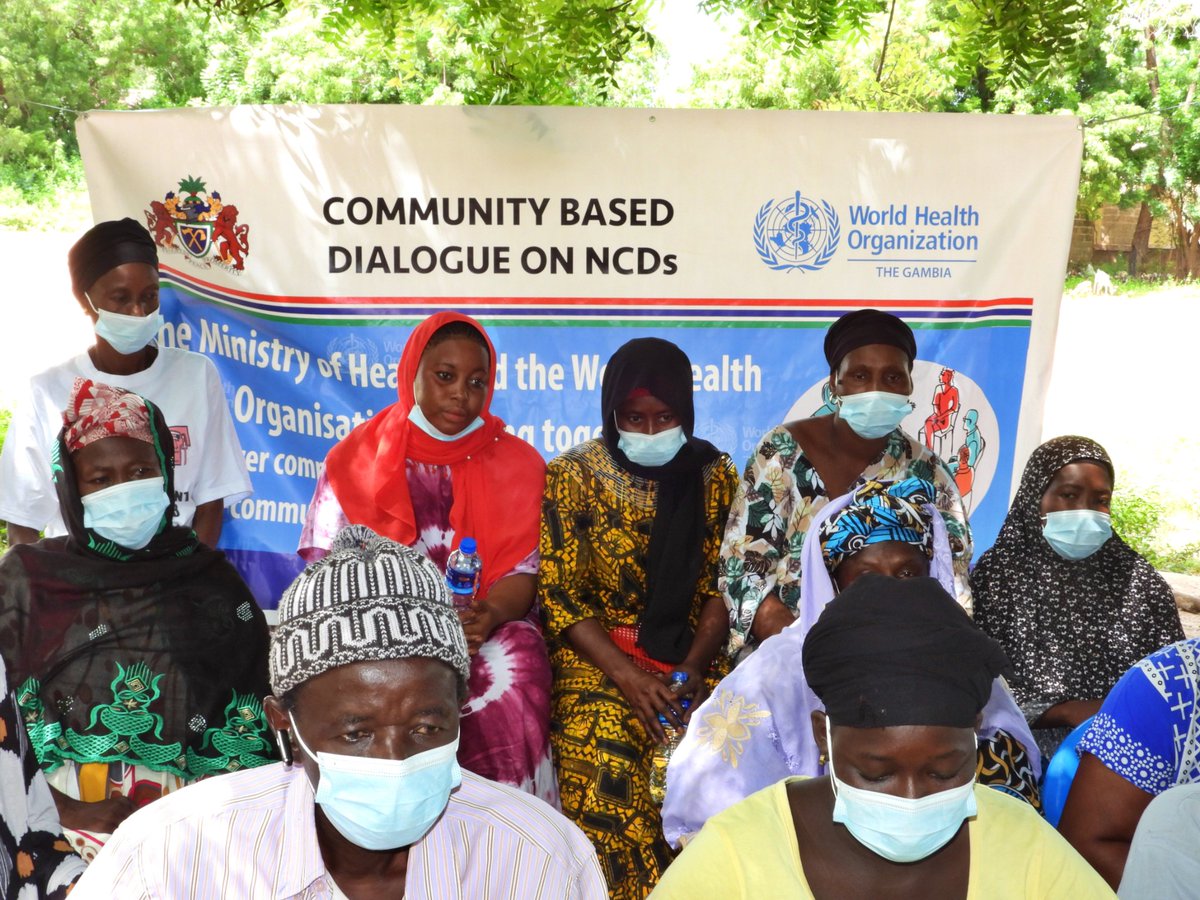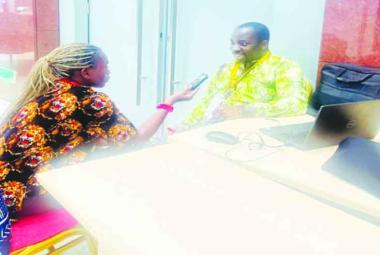By Isatou Fofana
In their efforts to curb the menace of Non-Communicable Diseases (NCDs) in the country, the NCD Control Unit of the Ministry of Health (MoH), in partnership with the World Health Organisation (WHO) is conducting a nationwide community dialogue on the NCDs.
Seyfo Singhateh, Senior Programme Officer at MoH, NCD Unit said the community-based dialogue on NCDs is an excellent way to inform and shape the NCD advocacy efforts by promoting thoughtful, constructive, and collaborative efforts in empowering actions among people living with and affected by NCDs.
Dr. Momodou Gassama, WHO Officer for Health Promotion and Social Determinants, said the meeting was a great opportunity especially for the people of Fatoto to revisit and prioritise the discussion on NCDs control and prevention.
He affirmed that the capacity development programme aims to support the growth of national and regional NCD centres, strengthen advocacy and accountability, and amplify the voices of people living with it.
Dr. Gassama mentioned chronic diseases; such as hypertension, diabetes, cancer, mental health conditions, and cardiovascular diseases as the risks factors for the disease.
“We focus on nurturing and enabling strong and sustainable dialogue that brings together different communities to advocate on common issues,” he noted.
Alfred Gomez, the Programme Officer at the NCD Unit, explained that NCDs are driven by forces that include unhealthy lifestyles, unhealthy diets, and a lack of physical activity ‘‘and these may show up in people as raised blood pressure, increase blood glucose, elevated blood lipids and obesity’’.
He added that “modifiable behaviuors”; such as tobacco use, physical inactivity, unhealthy diet, and the harmful use of alcohol, all increase the risk of NCDs.
Mariama Drammeh, a participant welcomed the initiative and thanked the Ministry for its timely intervention.
Many NCDs can be prevented by reducing common risk factors such as tobacco use, harmful alcohol use, physical inactivity, and eating unhealthy diets.
The dialogue in the various regions was graced by community influential leaders, religious leaders, youth representatives, traditional communicators, women groups, and other stakeholders.






